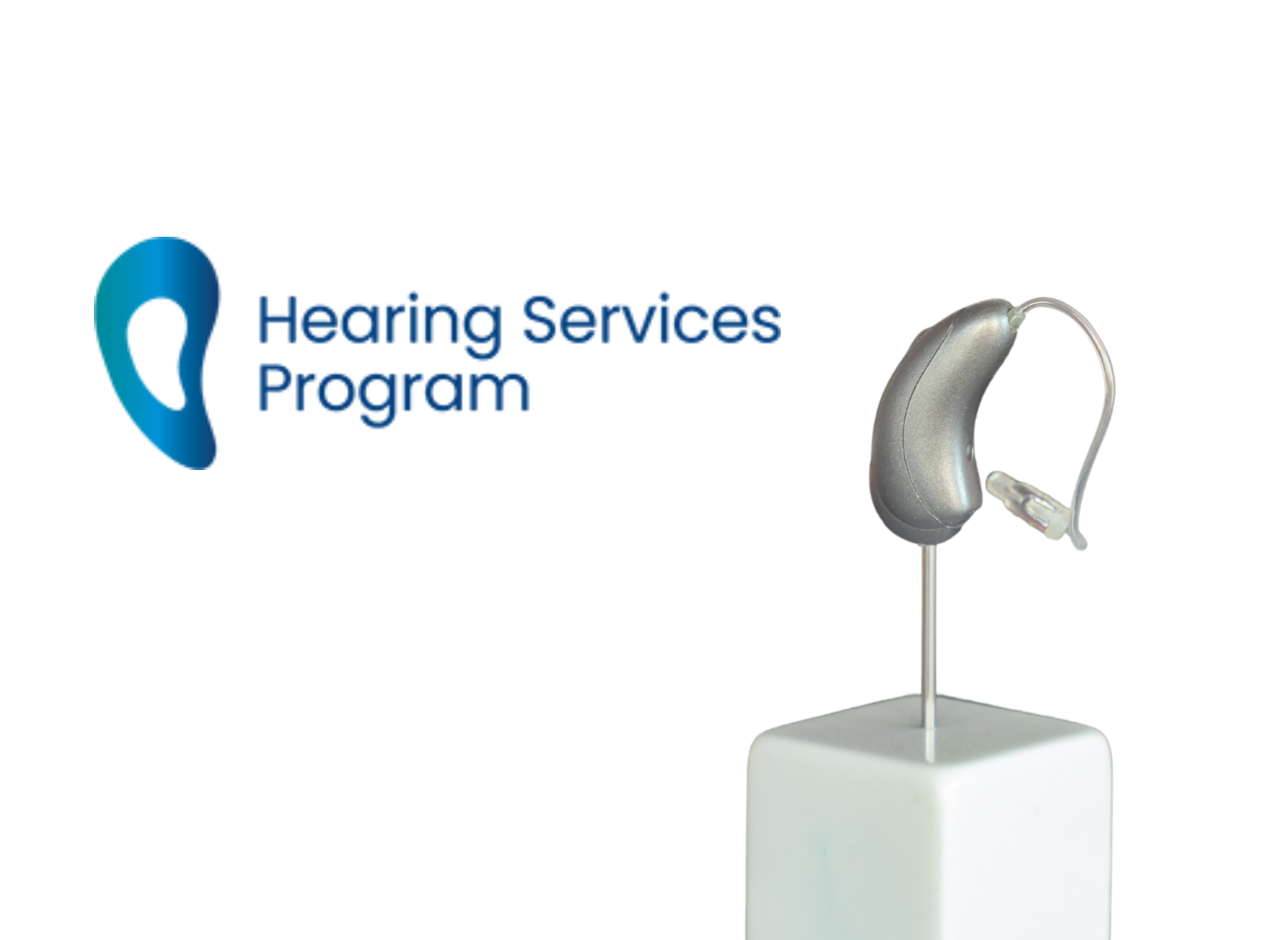Common Myths About Hearing Loss and Hearing Aids Debunked
There are many myths about hearing loss and hearing aids that can prevent people from seeking help. Let’s debunk some of the most common ones.
Myth 1: Hearing Loss Only Affects Older People
Fact: Hearing loss can affect anyone, regardless of age. Exposure to loud noises, genetics, infections, and certain medical conditions can cause hearing loss in children, teenagers, and adults.
Myth 2: Hearing Aids Are Bulky and Unattractive
Fact: Modern hearing aids are sleek, discreet, and available in various styles. Many are designed to be virtually invisible and are more comfortable and effective than ever.
Myth 3: Hearing Aids Restore Hearing to Normal
Fact: Hearing aids don't restore hearing to normal, but they significantly improve it by amplifying sounds. They help users hear better in various environments and enhance their quality of life.
Myth 4: Hearing Aids Are Difficult to Use
Fact: Today’s hearing aids are user-friendly, with features that make them easy to use. Many offer automatic adjustments, rechargeable batteries, and smartphone apps for easy control.
Myth 5: I Only Need One Hearing Aid If I Have Hearing Loss in One Ear
Fact: Using two hearing aids provides better sound localisation, improved speech understanding, and a more natural listening experience, even if one ear has more hearing loss.
Myth 6: Hearing Aids Are Too Expensive
Fact: While hearing aids can be a significant investment, there are options for different budgets. Many clinics offer financing plans, and some health insurance policies provide coverage. The benefits often outweigh the costs.
Myth 7: I Can Manage My Hearing Loss Without Hearing Aids
Fact: Untreated hearing loss can lead to social isolation, communication difficulties, and cognitive decline. Hearing aids help maintain an active and engaged lifestyle and prevent further deterioration.
Dispelling these myths is crucial for understanding the importance of addressing hearing loss and considering hearing aids. If you suspect you have hearing loss or have questions about hearing aids, consult with an audiologist for accurate information and personalised advice. Taking action can significantly enhance your quality of life.







